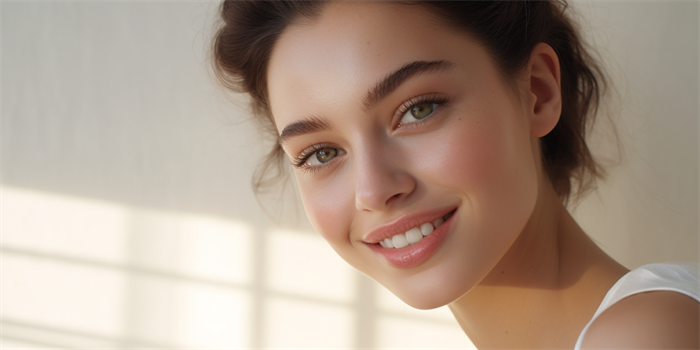Can I Eat Shrimp After Ultherapy in San Francisco?
Ultherapy, a popular non-invasive skin tightening treatment, has gained significant attention in San Francisco for its ability to lift and tighten the skin on the face and neck. However, patients often wonder about the dietary restrictions post-treatment, particularly whether they can continue to enjoy seafood, such as shrimp. This article delves into the aspects of post-Ultherapy dietary considerations, focusing on the safety and advisability of consuming shrimp.

Understanding Ultherapy
Ultherapy uses ultrasound technology to stimulate collagen production deep within the skin. This process helps to tighten and lift the skin over time, providing a more youthful appearance. The treatment is known for its minimal downtime, allowing patients to resume normal activities shortly after the session. However, understanding the body's response to Ultherapy is crucial for determining what foods, including shrimp, can be safely consumed.
Post-Treatment Skin Sensitivity
Immediately following Ultherapy, the skin may experience some sensitivity and redness, which typically subsides within a few hours to a couple of days. During this period, it is advisable to avoid consuming foods that could potentially exacerbate skin irritation or inflammation. Shrimp, while generally safe for most people, can sometimes cause allergic reactions or digestive issues in some individuals. Therefore, if you have a known seafood allergy or are prone to digestive sensitivities, it might be wise to avoid shrimp or consult with your healthcare provider.
Nutritional Considerations
Shrimp is rich in protein and contains essential nutrients like omega-3 fatty acids, vitamin D, and selenium. These nutrients are beneficial for overall health and can support the skin's healing process. However, shrimp also has a high cholesterol content, which might be a concern for some individuals, especially those with pre-existing cardiovascular conditions. It is important to balance the nutritional benefits of shrimp with any potential health risks, particularly post-Ultherapy when the body is in a state of recovery and rejuvenation.
Dietary Guidelines Post-Ultherapy
While there are no specific dietary restrictions imposed after Ultherapy, maintaining a healthy and balanced diet is recommended. This includes consuming a variety of foods rich in antioxidants, vitamins, and minerals to support skin health and overall well-being. If you decide to include shrimp in your diet, ensure it is fresh and sourced from reputable suppliers to minimize the risk of foodborne illnesses or contaminants that could affect your recovery.
Consultation with Healthcare Providers
Before making any significant changes to your diet post-Ultherapy, it is advisable to consult with your healthcare provider or a nutritionist. They can provide personalized advice based on your medical history, current health status, and the specific requirements of your Ultherapy recovery. This consultation is particularly important if you have any pre-existing conditions or dietary restrictions that could impact your ability to consume shrimp safely.
FAQ
Q: How soon can I eat shrimp after Ultherapy?
A: There is no specific timeframe for when you can eat shrimp after Ultherapy. However, it is advisable to wait until any skin sensitivity has subsided and to ensure that shrimp consumption does not trigger any adverse reactions.
Q: Can shrimp affect the results of Ultherapy?
A: There is no scientific evidence to suggest that shrimp consumption directly affects the results of Ultherapy. However, maintaining a healthy diet overall is beneficial for supporting the skin's healing and rejuvenation process.
Q: Should I avoid seafood entirely after Ultherapy?
A: No, there is no need to avoid seafood entirely unless you have a specific allergy or dietary restriction. Shrimp, like other seafood, can be part of a balanced diet, provided it is consumed in moderation and sourced responsibly.
In conclusion, while there are no strict dietary prohibitions after Ultherapy, it is essential to consider your individual health needs and potential sensitivities. Shrimp can be safely consumed as part of a balanced diet, but always consult with a healthcare provider for personalized advice.




